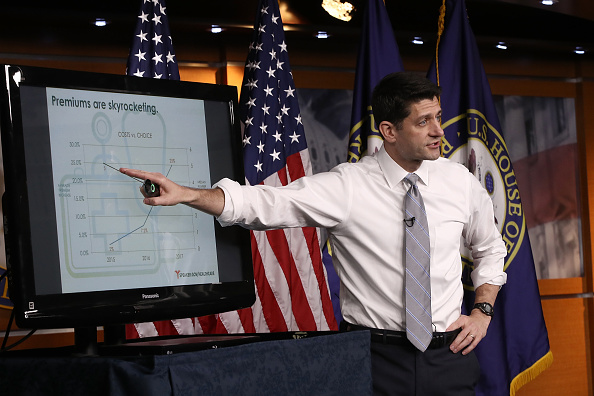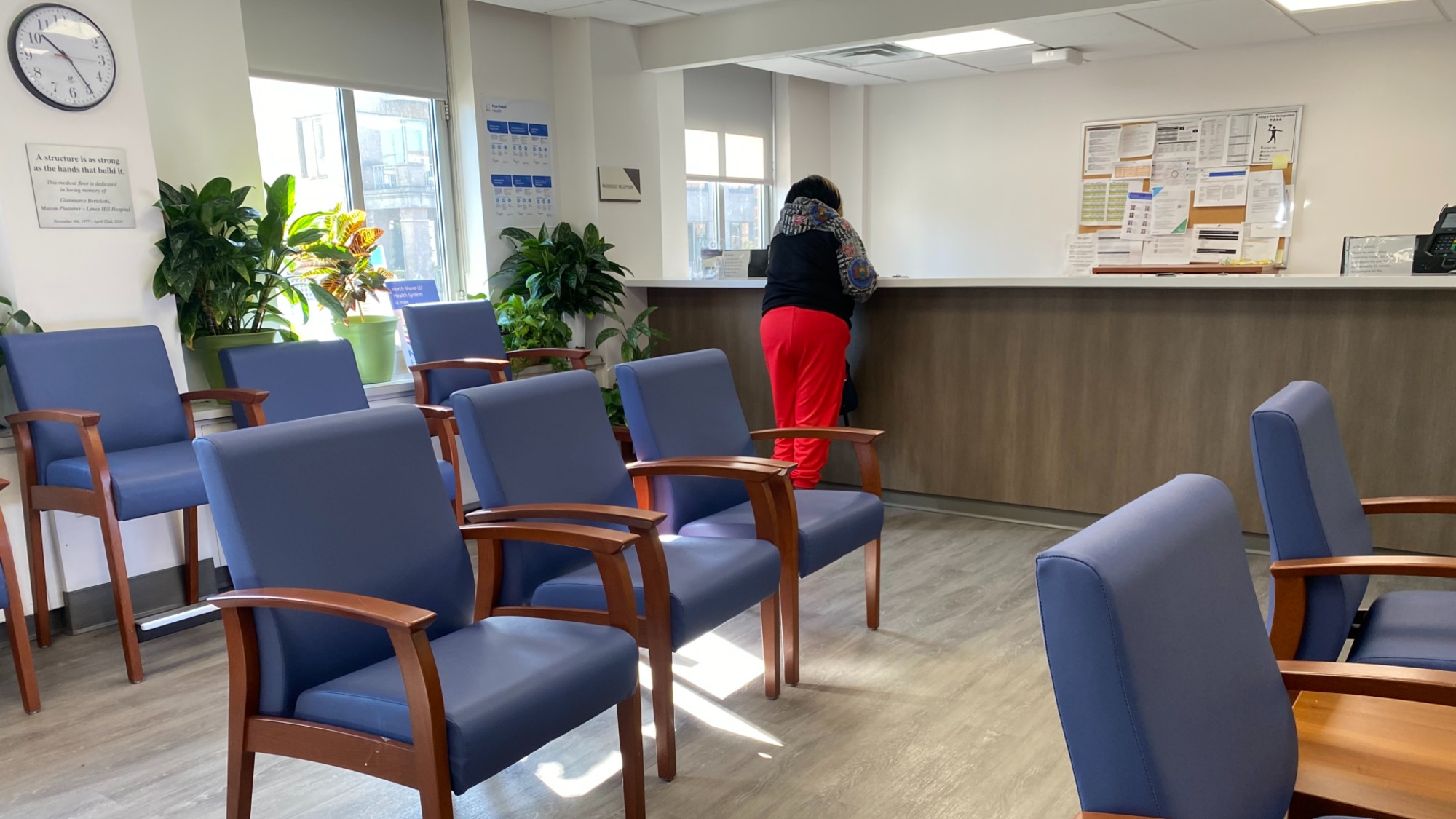Nearly half of voters support the Republican health-care bill. But it's the ObamaCare holdovers they like.


A free daily email with the biggest news stories of the day – and the best features from TheWeek.com
You are now subscribed
Your newsletter sign-up was successful
An entire 46 percent of voters say they approve of the Republican health-care proposal, a Politico/Morning Consult poll released Wednesday has found. "Given the wave of criticism from both parties following the rollout of the bill, this is a relatively strong starting point for GOP leaders and the White House," said Morning Consult's co-founder Kyle Dropp. "However, it will be important to track how public opinion stands up as more information is released in the coming weeks."
More than 35 percent of people said they disapprove of the Affordable Care Act replacement. When asked if the Republican bill will make the health-care system better or worse, 34 percent of voters said better and 33 percent said worse.
Ultimately, when asked to evaluate specific provisions in the bill, the existing Affordable Care Act provisions were more popular than the GOP's new introductions, such as requiring adults to pay a 30 percent penalty if their coverage lapses. On the other hand, 71 percent of voters wanted the ObamaCare replacement to prohibit insurers from denying coverage to patients with pre-existing conditions, and 68 percent of voters thought the bill should allow people under 26 to stay on their parents' plans. Overall, 47 percent of people approve of ObamaCare and 47 percent disapprove.
The Week
Escape your echo chamber. Get the facts behind the news, plus analysis from multiple perspectives.

Sign up for The Week's Free Newsletters
From our morning news briefing to a weekly Good News Newsletter, get the best of The Week delivered directly to your inbox.
From our morning news briefing to a weekly Good News Newsletter, get the best of The Week delivered directly to your inbox.
The Politico/Morning Consult poll surveyed 1,983 registered voters between March 9 and 13, entirely before the release of the evaluation of the bill by the Congressional Budget Office. The poll has a margin of error of plus or minus 2 percent. Read the full results of the poll at Politico here.
A free daily email with the biggest news stories of the day – and the best features from TheWeek.com
Jeva Lange was the executive editor at TheWeek.com. She formerly served as The Week's deputy editor and culture critic. She is also a contributor to Screen Slate, and her writing has appeared in The New York Daily News, The Awl, Vice, and Gothamist, among other publications. Jeva lives in New York City. Follow her on Twitter.
-
 5 calamitous cartoons about the Washington Post layoffs
5 calamitous cartoons about the Washington Post layoffsCartoons Artists take on a new chapter in journalism, democracy in darkness, and more
-
 Political cartoons for February 14
Political cartoons for February 14Cartoons Saturday's political cartoons include a Valentine's grift, Hillary on the hook, and more
-
 Tourangelle-style pork with prunes recipe
Tourangelle-style pork with prunes recipeThe Week Recommends This traditional, rustic dish is a French classic
-
 Trump HHS slashes advised child vaccinations
Trump HHS slashes advised child vaccinationsSpeed Read In a widely condemned move, the CDC will now recommend that children get vaccinated against 11 communicable diseases, not 17
-
 Deaths of children under 5 have gone up for the first time this century
Deaths of children under 5 have gone up for the first time this centuryUnder the radar Poor funding is the culprit
-
 Nursing is no longer considered a professional degree by the Department of Education
Nursing is no longer considered a professional degree by the Department of EducationThe Explainer An already strained industry is hit with another blow
-
 More adults are dying before the age of 65
More adults are dying before the age of 65Under the radar The phenomenon is more pronounced in Black and low-income populations
-
 Doctors sound the alarm about insurance company ‘downcoding’
Doctors sound the alarm about insurance company ‘downcoding’The Explainer ‘It’s blatantly disrespectful,’ one doctor said
-
 FDA OKs generic abortion pill, riling the right
FDA OKs generic abortion pill, riling the rightSpeed Read The drug in question is a generic version of mifepristone, used to carry out two-thirds of US abortions
-
 Private equity firms might be causing more deaths in hospital ERs
Private equity firms might be causing more deaths in hospital ERsThe Explainer Deaths in ERs purchased by private equity firms rose 13%
-
 RFK Jr. vaccine panel advises restricting MMRV shot
RFK Jr. vaccine panel advises restricting MMRV shotSpeed Read The committee voted to restrict access to a childhood vaccine against chickenpox
